- Newest
- Most viewed
Interested in a Link Placement?

10 Best Video AI Generators for Every Workflow
Ten video AI generators compared by use case, free tier, watermark policy, avatar support, and output quality — updated for 2026.
Latest Updates | Feb 24, 2026 610 views

Presidents' Day Laptop Sales 2026: Top Deals You Don't Want to Miss
Latest Updates | Feb 11, 2026 500 views
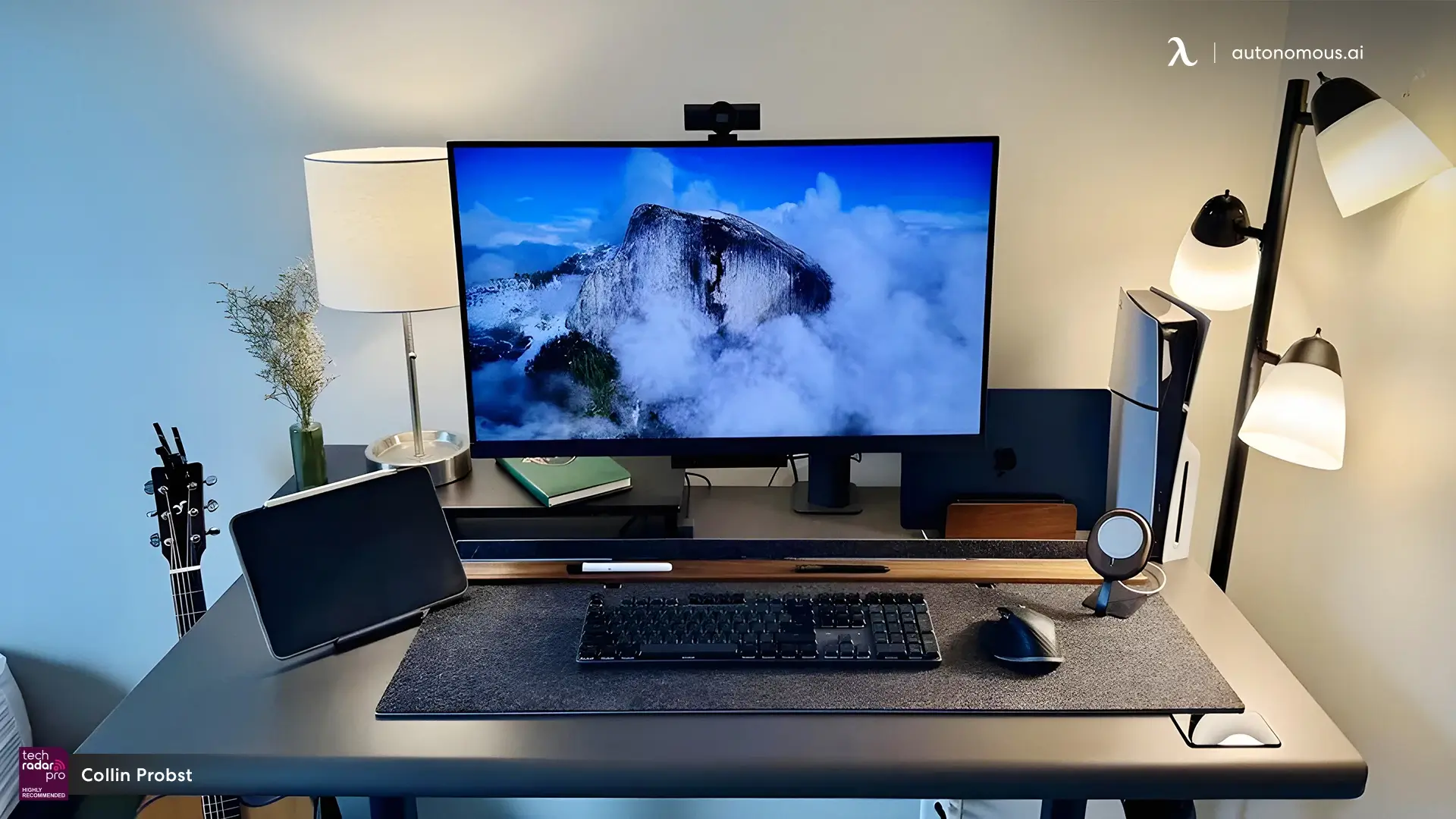
Best Presidents' Day iPad Sales 2026 | Top iPad Air, Mini, & Pro Deals
Latest Updates | Feb 13, 2026 391 views
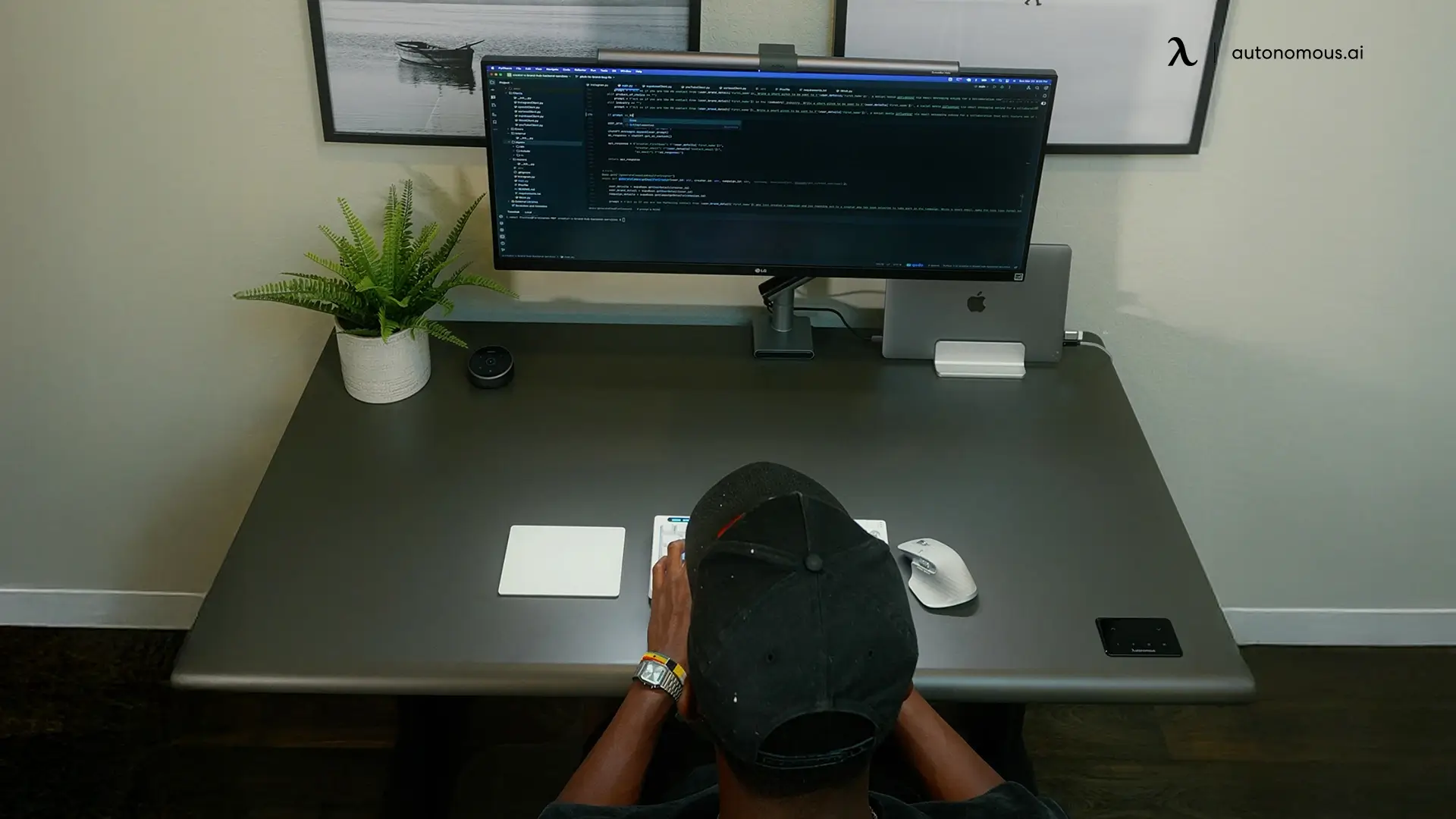
AI Assistants: How They Work & Best Tools (2026 Guide)
Latest Updates | Feb 12, 2026 954 views

Is a 22-Inch Monitor Good for Gaming?
Gaming Setup | Feb 11, 2026 986 views
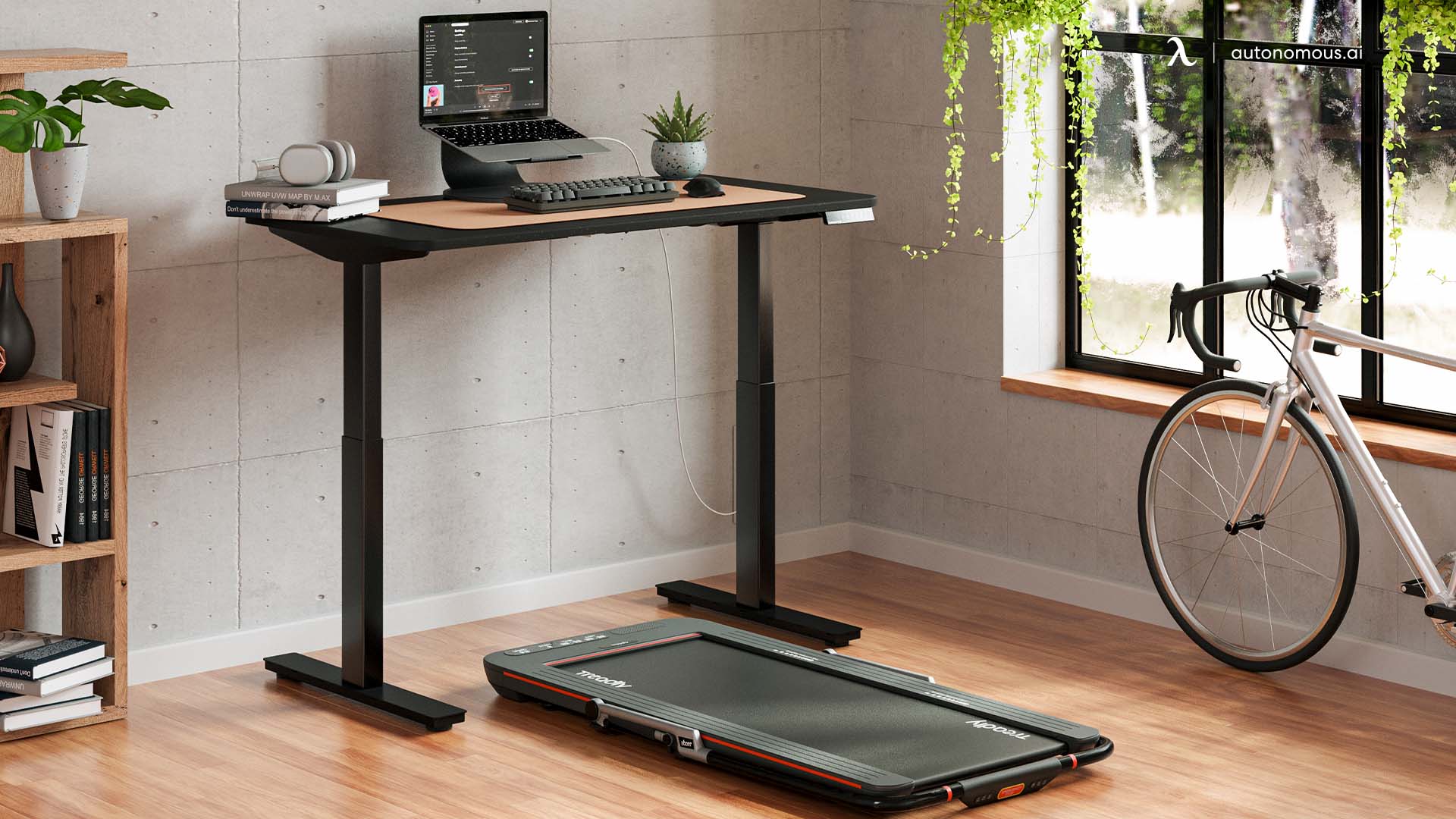
The 10 Best Presidents' Day Treadmill Sales 2026
Latest Updates | Feb 10, 2026 634 views
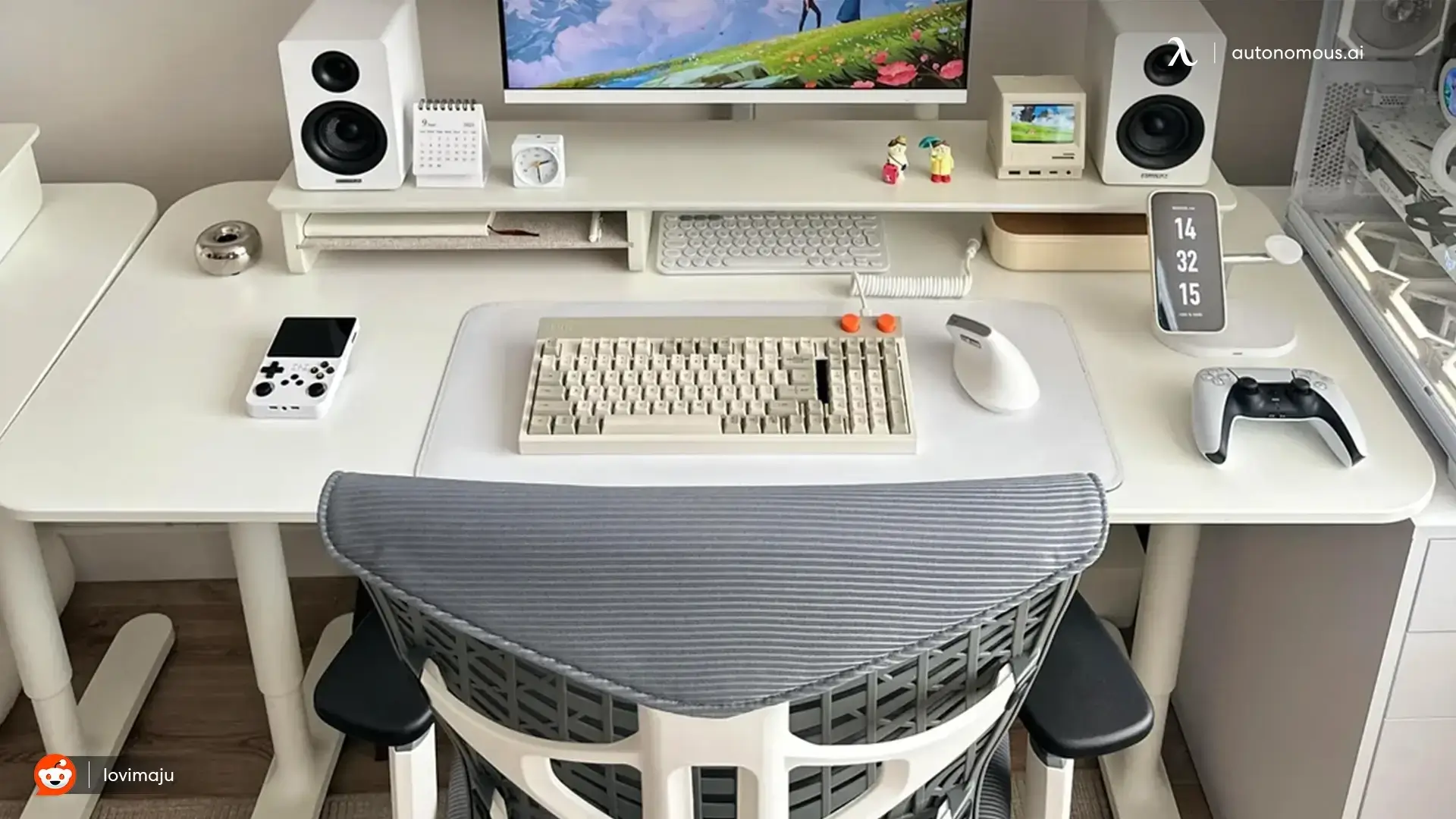
PS5 Keyboard and Mouse Adapter - The Only One That Works Natively
Gaming Setup | Feb 9, 2026 634 views
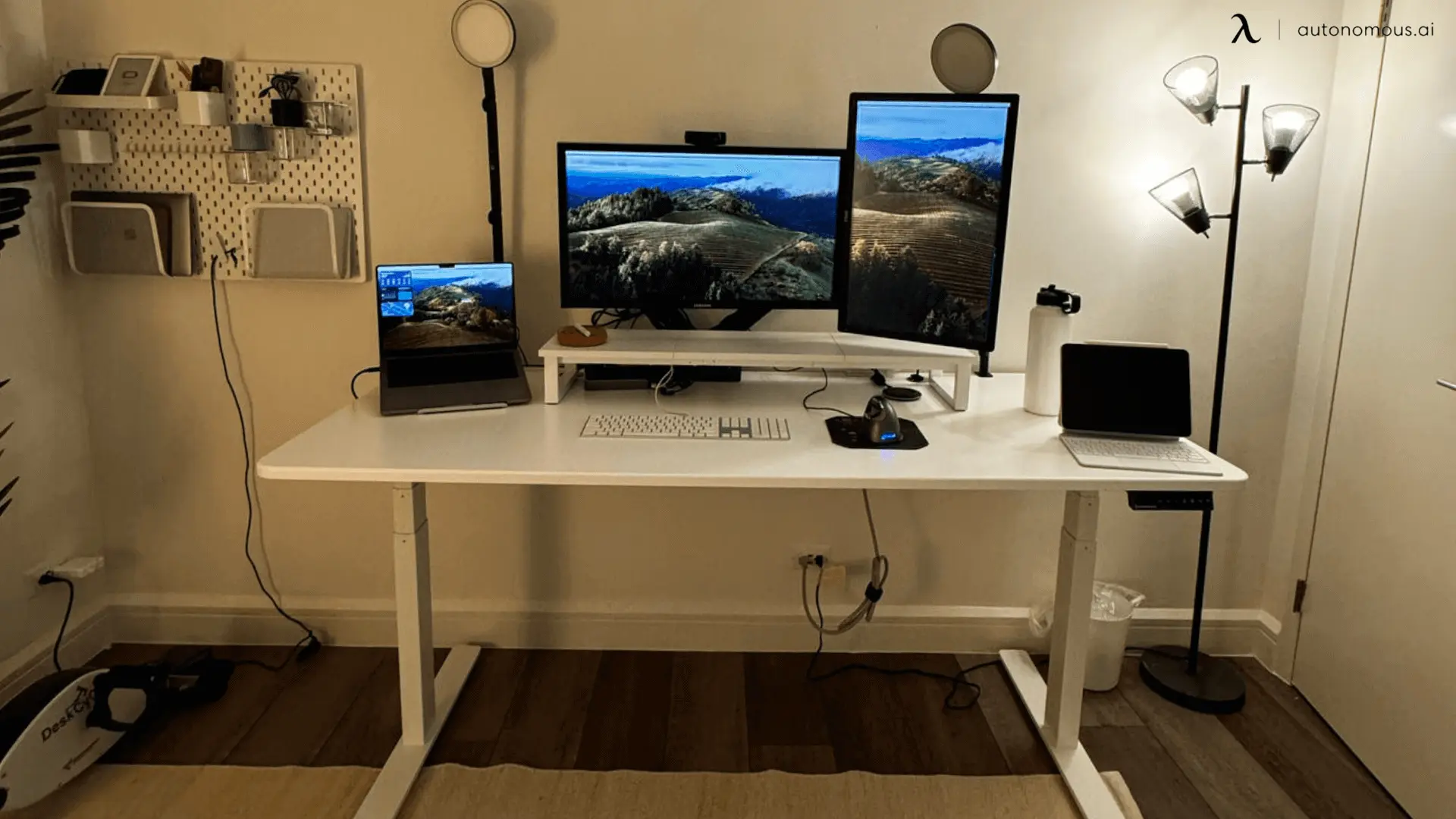
22 vs 24 Inch Monitor: Which Size Is Right for You?
Workplace Inspiration | Feb 10, 2026 586 views
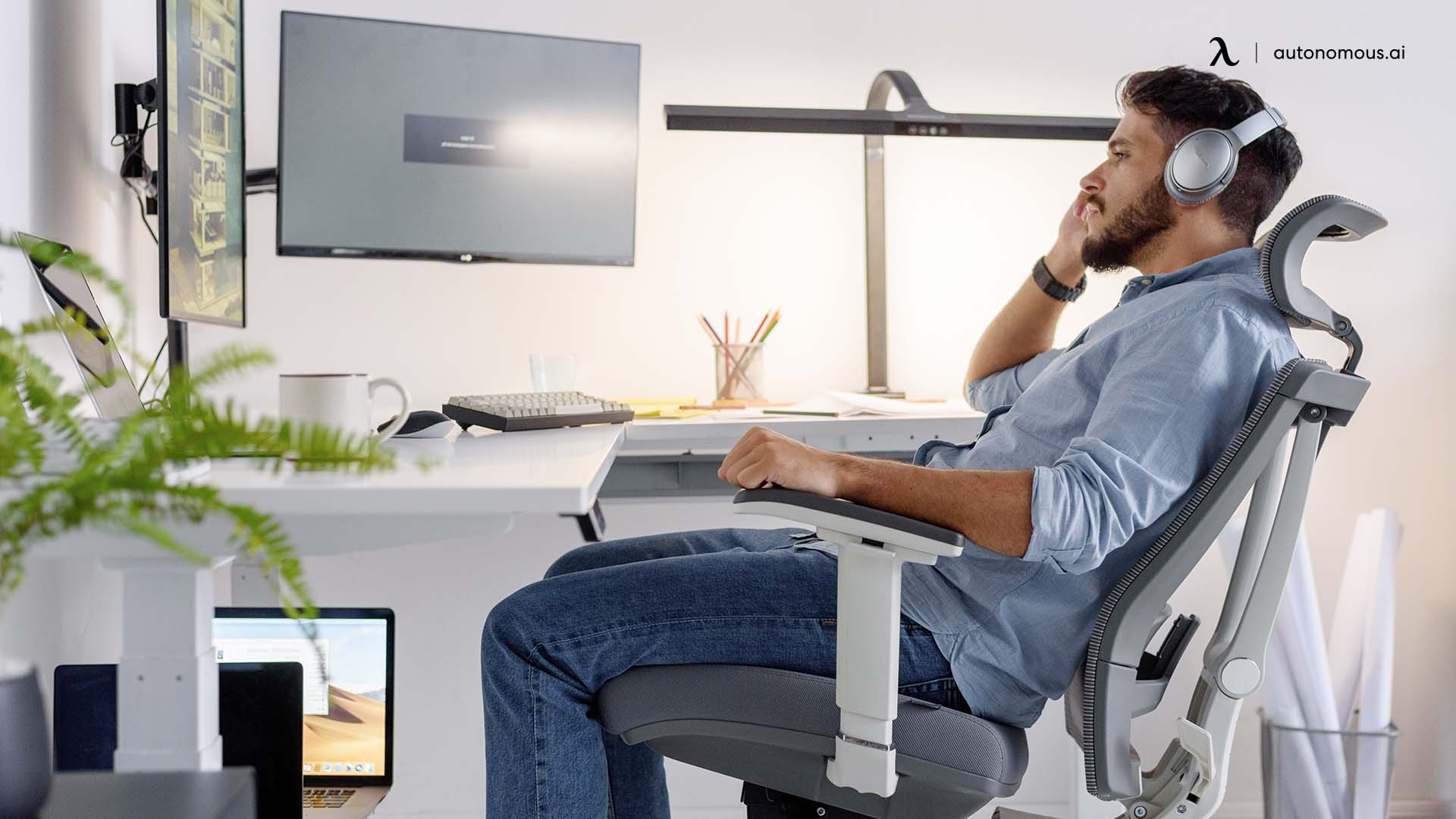
Will AI Replace Sales Jobs? What’s Changing in Sales Careers
Latest Updates | Feb 9, 2026 1,171 views

Bevel App Review 2026: How It Works and Is It Worth It?
Latest Updates | Feb 8, 2026 818 views
.webp)
The 19 Best Ergonomic Study Chairs for Everyday Study Setups
Workplace Inspiration | Feb 6, 2026 1,124 views
.webp)
How Big Is a 22-Inch Monitor? Size and Desk Fit
Workplace Inspiration | Feb 5, 2026 484 views
.svg)
